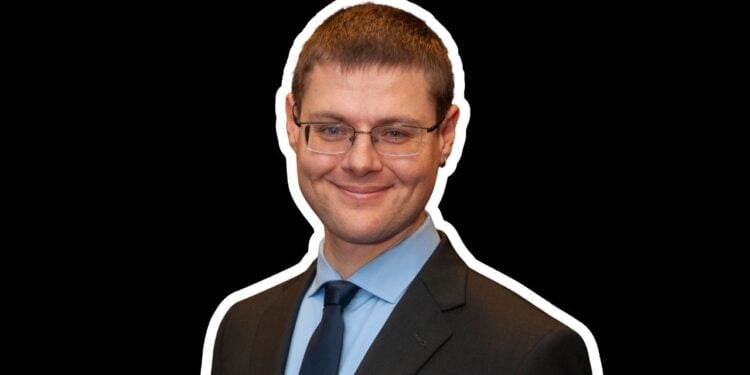If the pandemic has taught society anything, it’s that disaster preparedness is critical for business longevity.
For Dr. Gleb Tsipursky, this belief led him to launch workplace consultancy firm Disaster Avoidance Experts, which helps managers and leaders make informed decisions when, well, disaster strikes.
Sitting down with Allwork.Space’s Future of Work Podcast, Tsipursky explores how resistance to change can hurt business growth and why manager biases can impact decision-making skills.
In guiding leaders to better manage their workforce, Tsipursky first delves into the “why” of poor decision-making.
“Why do people make bad decisions, in new situations especially?” ponders Tsipursky. “[What] we have as people is, unfortunately, a set of dangerous judgment errors in our mind called cognitive biases.”
Because of the nature of cognitive biases, Tsipursky says that leaders stuck in their old ways suffer from what is called “status quo bias.” In short, this refers to the innate belief that established models are the “correct” way of doing things.
This marks the difference between comfortable businesses and disruptors.
“[What] they need to realize is that in order to have a competitive advantage for the future, they can’t see hybrid and remote work as a loss,” said
“Instead, they need to see it as a disruption, and therefore, they need to take advantage of this opportunity to disrupt the status quo…In the war for talent, if you don’t offer flexibility, you have to offer much higher salaries. And that’s a bad situation for you. You’re going to lose the war for talent if you have to pay much more for the same quality of talent.”



 Dr. Gleb Tsipursky – The Office Whisperer
Dr. Gleb Tsipursky – The Office Whisperer Nirit Cohen – WorkFutures
Nirit Cohen – WorkFutures Angela Howard – Culture Expert
Angela Howard – Culture Expert Drew Jones – Design & Innovation
Drew Jones – Design & Innovation Jonathan Price – CRE & Flex Expert
Jonathan Price – CRE & Flex Expert











